After Italy, it’s the turn of France. The humanitarian corridors project adopted in Italy, which enabled 700 Syrians refugees to arrive in Europe in full security, has now reached Paris. A Memorandum of Understanding signed on Tuesday, March 14, at the Elisée, in the presence of President François Hollande, provides for the arrival of 500 Syrian and Iraqi refugees presently in Lebanon over a period of one and half years, “giving priority to the most vulnerable.” The Memorandum was signed by five promoting organizations: the St Egidio Community, the Protestant Federation of France, the French Bishops’ Conference, Entraide Protestante and Secours Catholique. The French State was represented by the Minister of Interior Bruno Le Roux, and by Foreign Minister, Jean-Marc Ayrault. The bishop of Saint-Denis, Monsignor Pascal Delannoy, signed the memorandum on behalf of the French Bishops’ Conference. “Both parties – he explained – pledge to facilitate the arrival in France of people currently sheltered in Lebanon.”
Refugees from Syria and Iraq currently living in Lebanon will benefit from an entry visa to France, where they will arrive with normal means of transport, namely with plane flights. This will prevent people from falling into the net of the illegal trafficking of human beings, undertaking journeys that unfortunately in many cases end with tragedies. Only in the year 2016 100 thousand have died in the Mediterranean Sea. Hence the agreement will provide for facilitating the arrival of refugees to France, ensuring the safety of their journey and, once arrived, offering welcome and support to their integration into society. In fact, once they reach France the signatories of the Memorandum will accompany the migrants. They will be offered housing facilities, French language courses and the schooling of children.
What is the motivation?
The project is the result of the yearning, or rather of the authentic will, to welcome people living in conditions of serious danger. In fact, the agreement provides for giving priority to the most vulnerable living in refugee camps: single women with children, old people, people with disabilities or diseases. We want to show that migrants can be welcomed ensuring good conditions, hence preventing all forms of fear, rejection and diffidence.
Someone could criticize the initiative, arguing that humanitarian corridors encourage the arrival of new migrants to Europe. What is your answer? I think that the best answer is to show, through the humanitarian corridor project, that reception is possible, and that it represents a threat to no one. Those arriving will soon have the opportunity of meeting the local population they will become a part of. Mutual encounter and understanding are extremely important. Isolation creates diffidence and fear. But when people meet, when we listen to their suffering, in many cases the immense suffering they went through, only then does it become natural to feel the yearning and the sincere intention to welcome them and offer them the opportunity of a better life and the prospect of a better future.
The agreement was signed at a particularly delicate moment in France’s political life, ahead of an election campaign where populist movements are gaining increasing support. This is true for France and for the rest of Europe. Hence the project swims against the tide. You have been brave!
I don’t think that someone will criticize the initiative. The theme of migrants often risks falling into the trap of generalizations, whereby migrants are rejected for no reason at all. But let’s examine the project in detail: the memorandum signed at the Elisée envisages the arrival of 500 people, selected in Lebanon according to their vulnerability. After having arrived to France these people will follow a dedicated integration process. Some could say it’s a small number compared to the immense tragedy of the war. It’s true. Yet thanks to the project 500 people will have the opportunity of building a future for themselves. Moreover, we shouldn’t forget that in the next year and a half the outcomes of the project will be evaluated, with the possibility of repeating it and increasing the number of recipients.
But let’s examine the project in detail: the memorandum signed at the Elisée envisages the arrival of 500 people, selected in Lebanon according to their vulnerability. After having arrived to France these people will follow a dedicated integration process. Some could say it’s a small number compared to the immense tragedy of the war. It’s true. Yet thanks to the project 500 people will have the opportunity of building a future for themselves. Moreover, we shouldn’t forget that in the next year and a half the outcomes of the project will be evaluated, with the possibility of repeating it and increasing the number of recipients.
To what extent did the experience made in Italy play a role? Indeed, we have followed the initiative of humanitarian corridors in Italy and we have seen its fruits. This made us understand that the project could be successful. France is the second European Country to adopt this instrument, embarking on this new road. Other countries have shown an interest in the project, such as Germany and Belgium.
What message are the Churches transmitting to Europe through this project? They remind Europe of its humanistic dimension: namely that Europe exists because it has at heart the good of mankind and the defence of human rights, whereby the right to lead a dignified life is fundamental.











